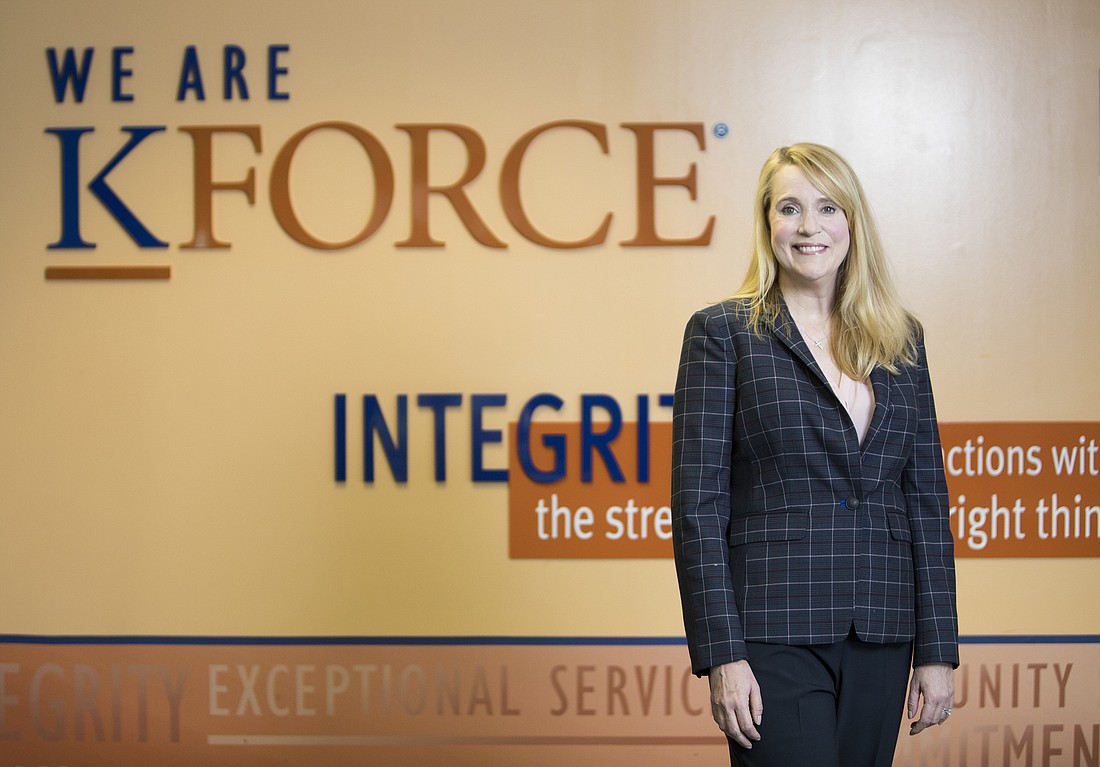- December 18, 2025
-
-
Loading

Loading

Kye Mitchell will never forget the moment she decided to sell VistaRMS, the IT consulting firm she co-founded, to Tampa-based Kforce, a $1.42 billion staffing solutions company.